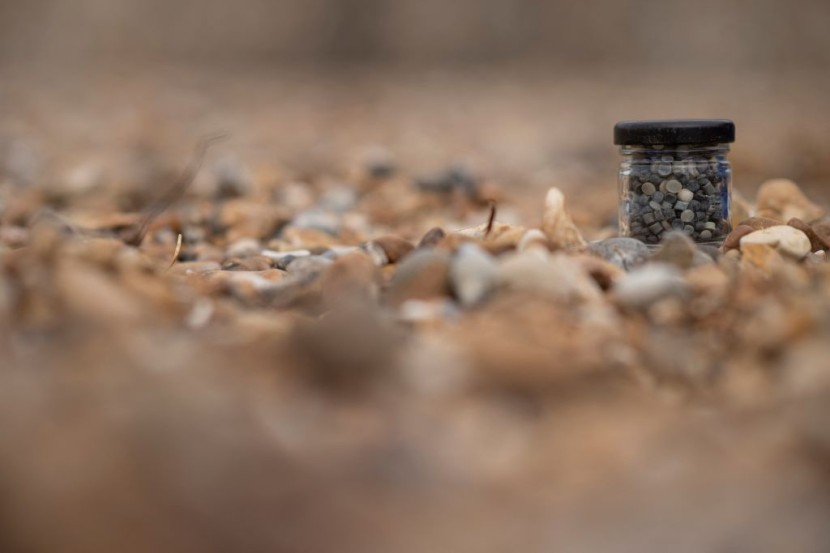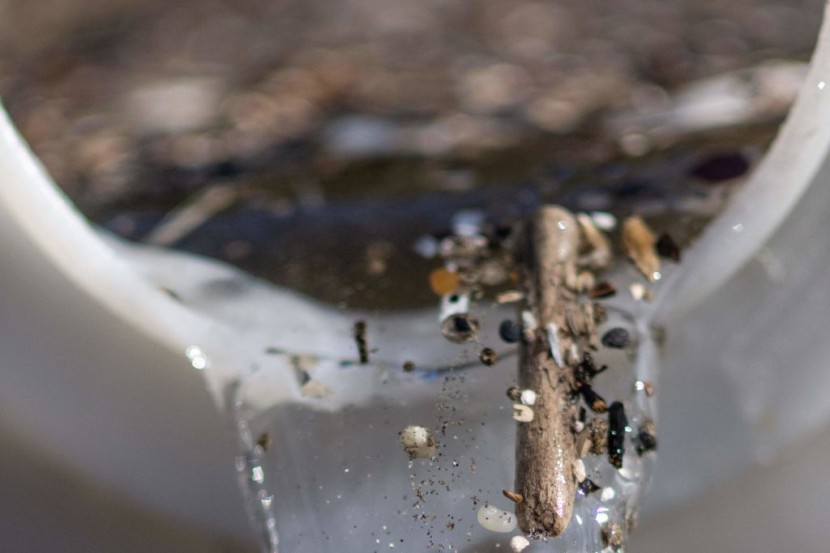
EU's microplastic crackdown is intensifying as officials announced that they'll make efforts to reduce plastic pellet pollution by 74% before 2030 arrives.
Although this effort is only estimated to cut Europe's entire microplastic pollution by 7%, the European Commission explained that it is still important.
EU Plans To Reduce Its Microplastic Pollution by 74% Before 2030
EU Environment Commissioner Virginijus Sinkevicius said that one of the most important things they can do right now is to cut microplastic pollution at the source.
"What we are looking to do is basically ensure we drastically cut, at the source, pollution of microplastics," he added via The Guardian.
For those who are not familiar with microplastic, there are microscopic-sized plastic pellets that are melted down and reformed into other new plastic products.
These include water bottles, chairs, and other things made out of plastic. However, many of these objects tend to leak tiny plastic particles into the environment at every stage of the supply chain.
Once microplastics are released into the air, water, and soil, people and animals can accidentally eat or drink these harmful materials. The EU Commission estimated that between 52,000 and 184,000 tons of microplastic particles are spreading across Europe annually.
Due to this fact, many experts said that preventing the release of these microplastics is more important than making efforts to manage them.
"Preventing plastic release is much more effective than managing microplastics," explained Dana Kuhlnel of the Helmholtz-Centre for Environmental Research.
How EU Plans To Reduce Microplastic Pollution

The EU Commission said that among its efforts to reduce microplastic pollution is to coordinate with companies and businesses that handle plastic pellets.
They will take actions to prevent spills, contain spills, and clean up spills that can't be contained afterward. In its proposal, European officials provided the best microplastic handling processes that operators need to follow.
These companies will also be required to submit certifications from an independent third party proving that they are following the instructions.
The latest microplastic reduction plan of the EU was announced after the European Commission introduced the new glitter ban. WWD reported that this restriction started on Tuesday, Oct. 17.
"The sale of microplastics on its own, or in products for which no transitional period is laid down, is banned as of 17 October 2023. This is the case of plastic glitter - loose plastic glitter," said the EU Commission's spokesperson.
© 2025 HNGN, All rights reserved. Do not reproduce without permission.








